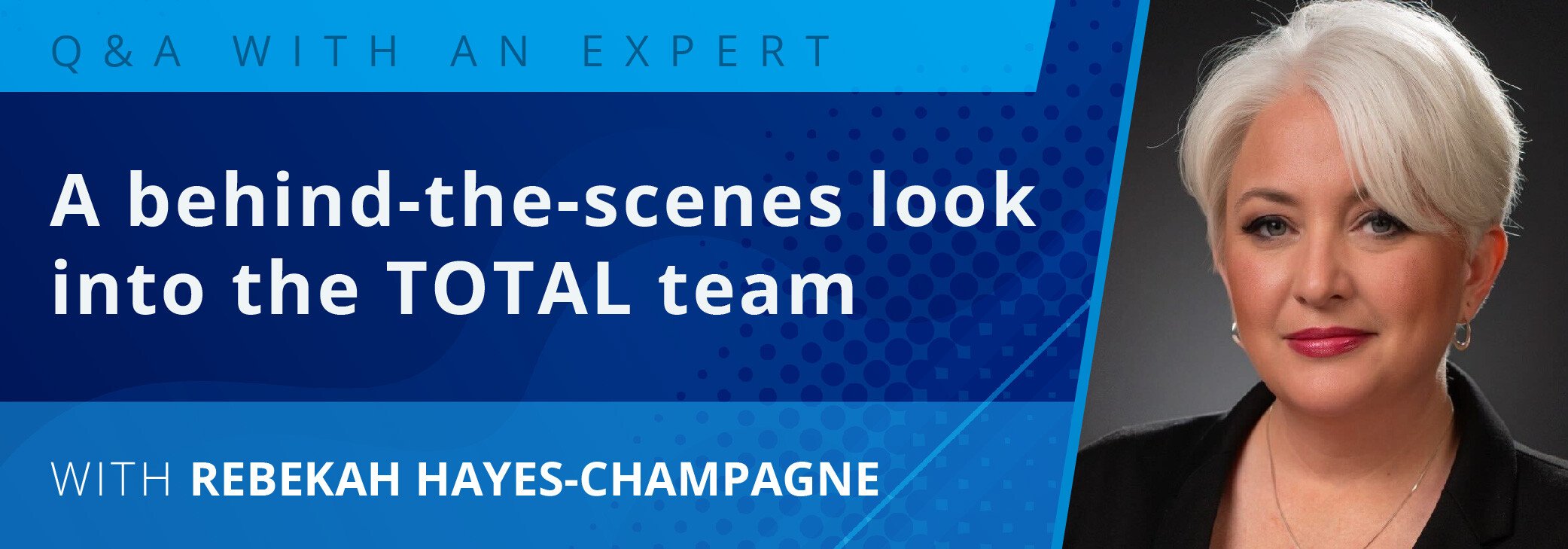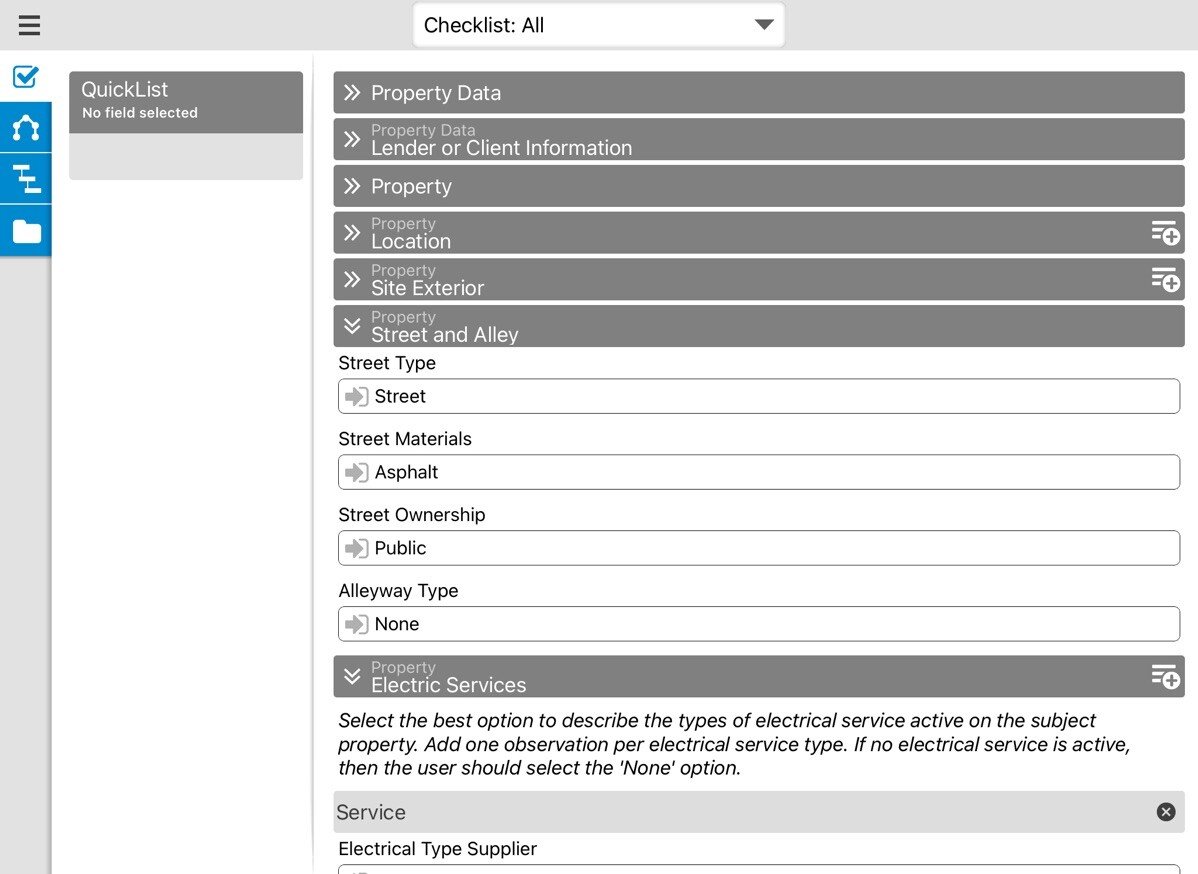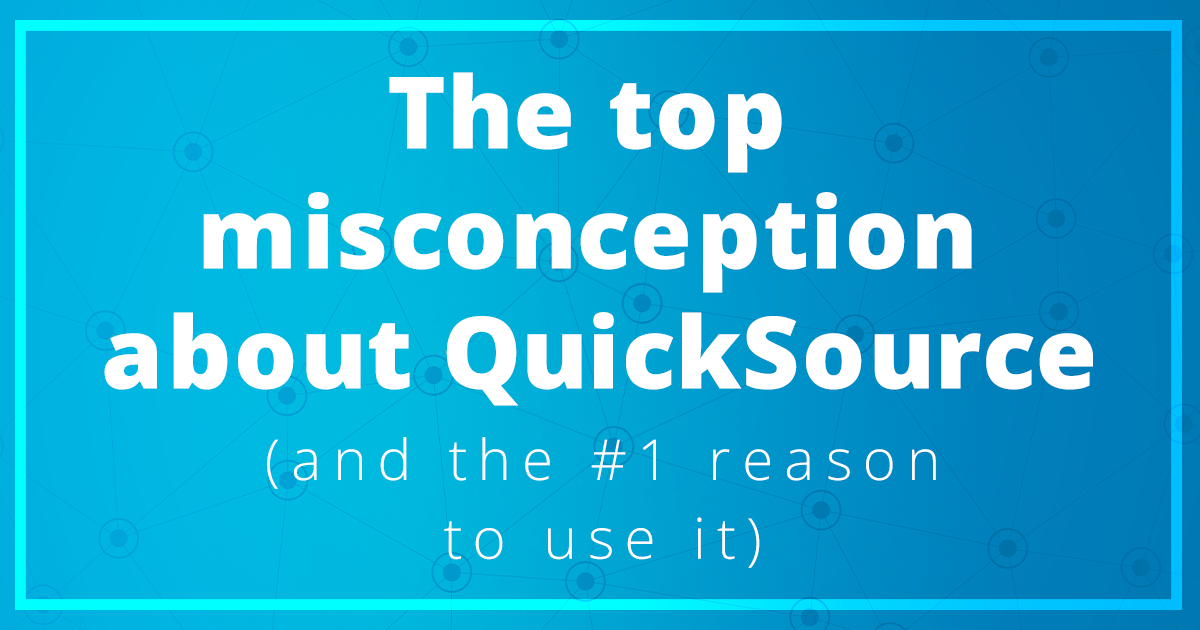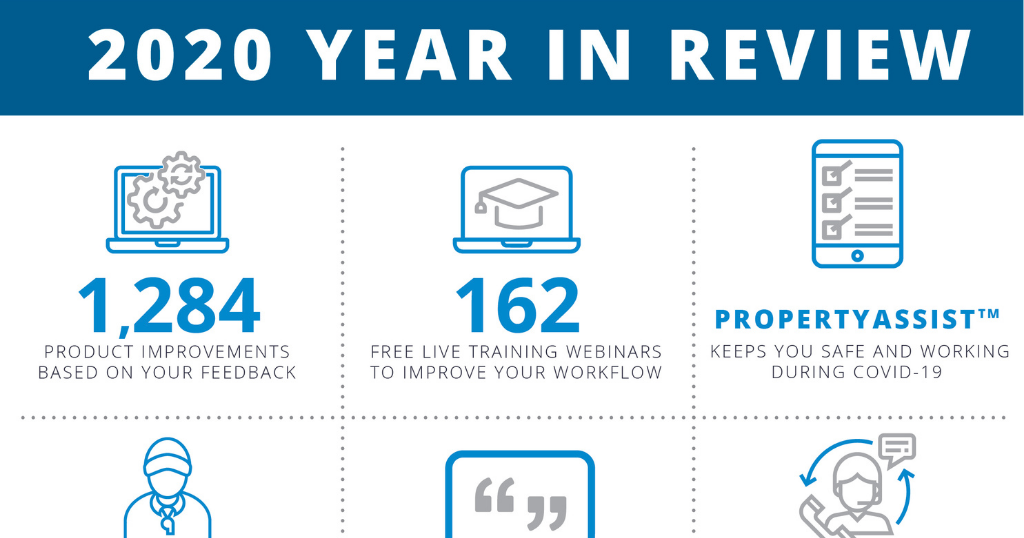Last week, the Federal Reserve Chairman Alan Greenspan and his Federal Open Market Committee colleagues increased the target for the federal funds rate from 1.50 percent to 1.75 percent.
But despite the fed fund rate climb – the third in as many months – mortgage rates have been steadily moving in the opposite direction, remaining at the lowest level since March 31, according to Bankrate.com's weekly national survey of large lenders. And experts say it would take a hot economy to get mortgage rates moving sharply up again.
Mortgage rates are pegged to the yield on 10-year Treasury securities, and those yields have been moving lower due to the uncertain economic climate and the easing of inflation concerns, Greg McBride, senior financial analyst with Bankrate.com, told CBS MarketWatch last week.
"If the economy just does gangbusters like it did in the first half of the year, if inflation became an issue because it starts to suddenly accelerate, those are two factors that would force the Fed to become more aggressive with short-term rates and would drive long-term rates higher as investors demand higher returns to compensate for inflation and a stronger economy," he said.
That means the real estate market is still healthy for buyers and homeowners looking to refinance. In fact, the average 30-year fixed rate mortgage fell to a five-month low last week of 5.70 percent, down from 5.75 percent the week before. Three months ago, before the Fed began raising short-term interest rates, the average 30-year fixed mortgage rate was 6.3 percent.
If the rate on a 30-year fixed-rate mortgage were to rise a full percentage point in one year, that would price about 250,000 to 300,000 prospective homebuyers out of the market, according to the National Association of REALTORS® (NAR).
"When you look at 1.09 million new home sales, 6.1 million existing home sales, and condo sales of 898,000 in 2003, on a percentage basis, (that loss of buyers would be) a slowdown, but it's not really a negative impact" on the real estate market, said Walt Molony, a spokesman for NAR.



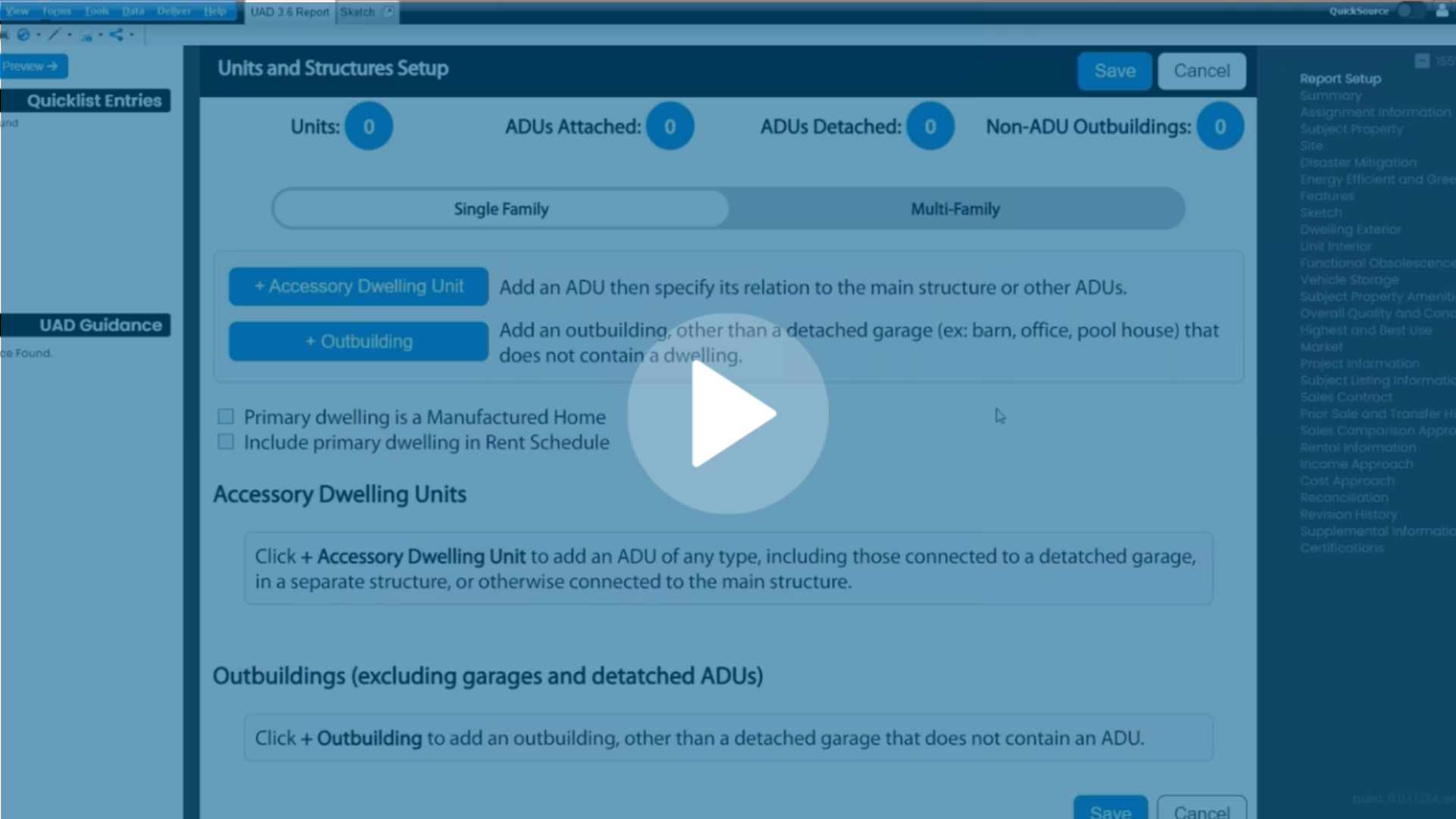
.png)

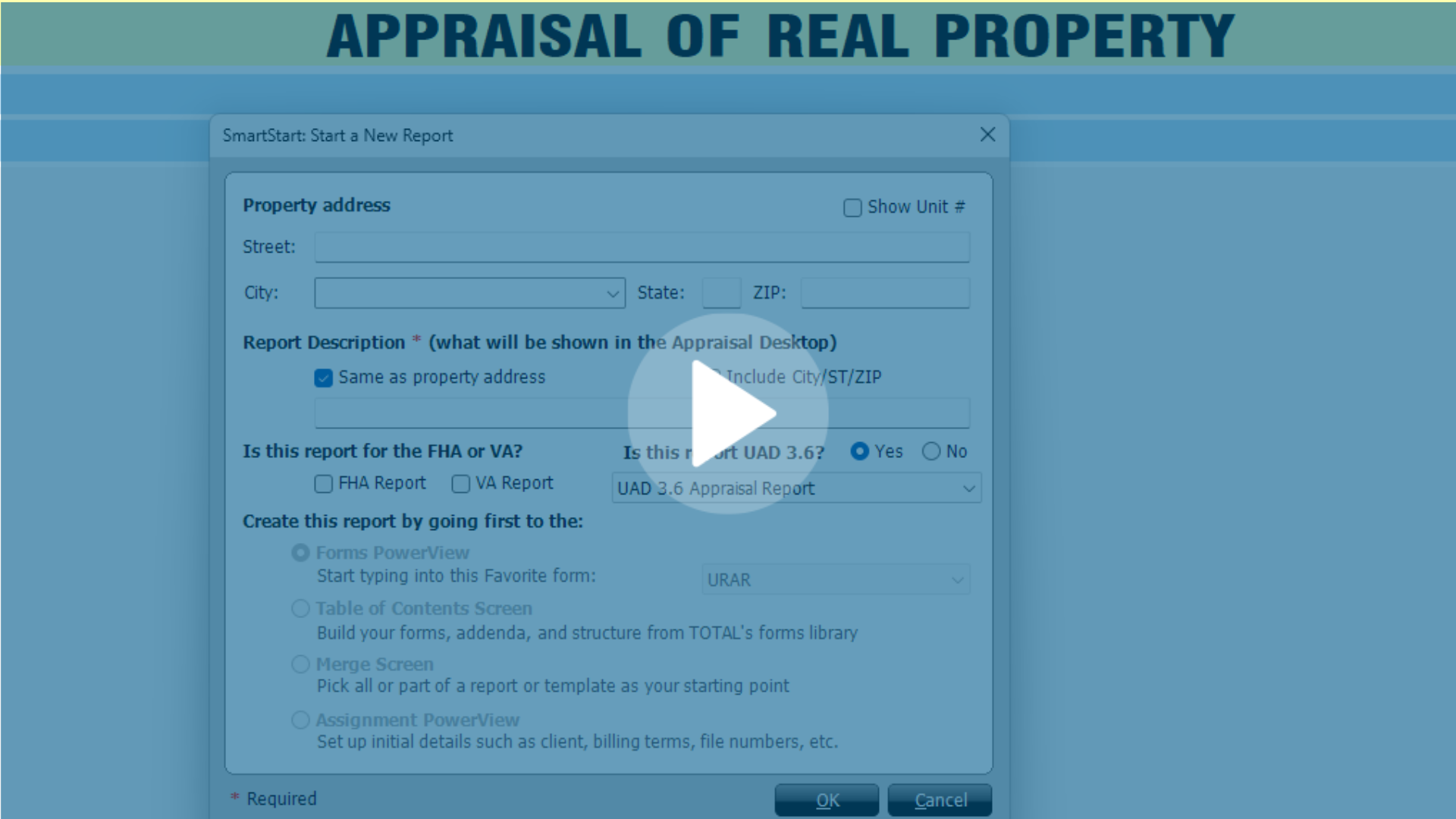


.png)
-1.png)
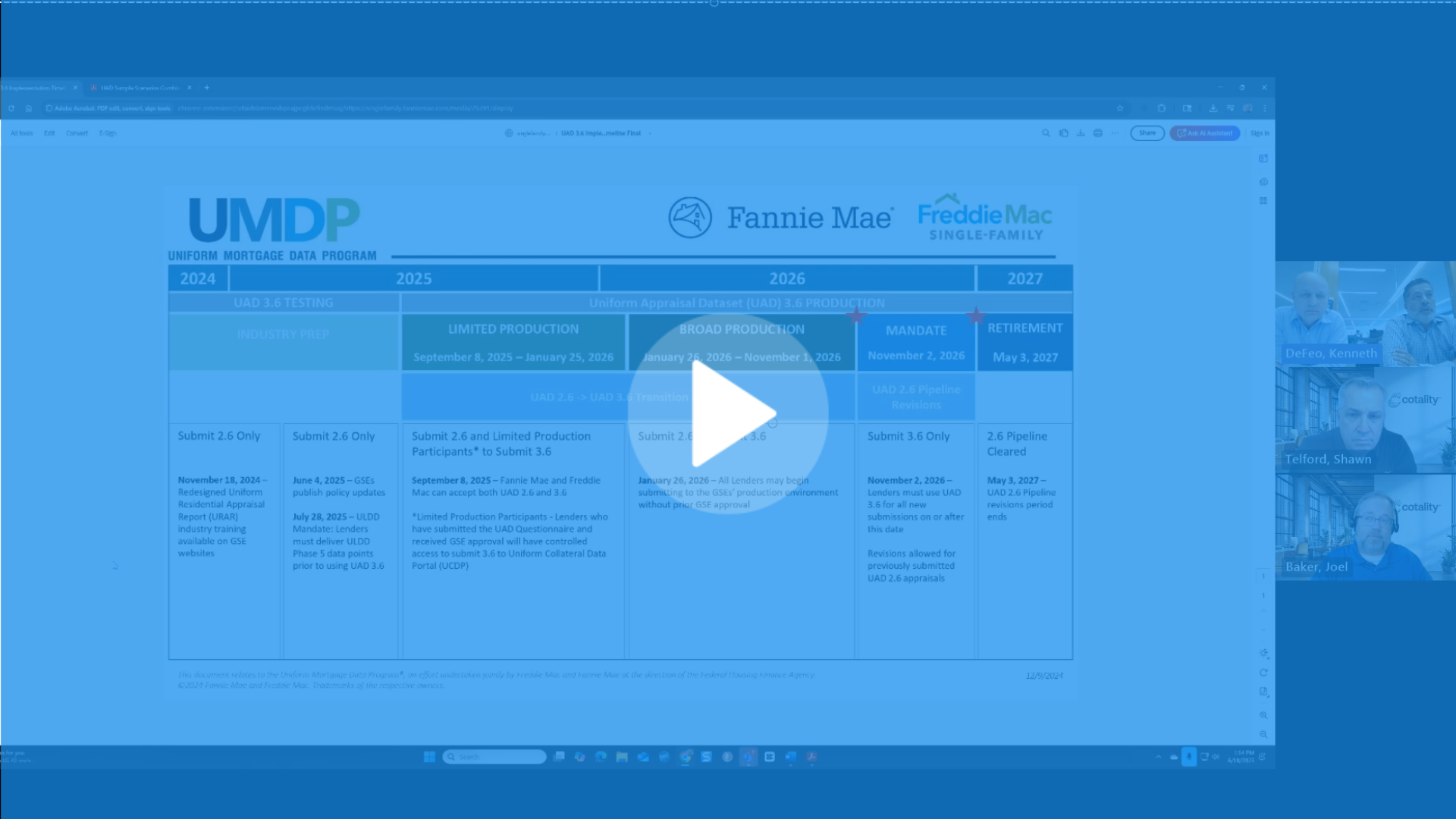
.png)
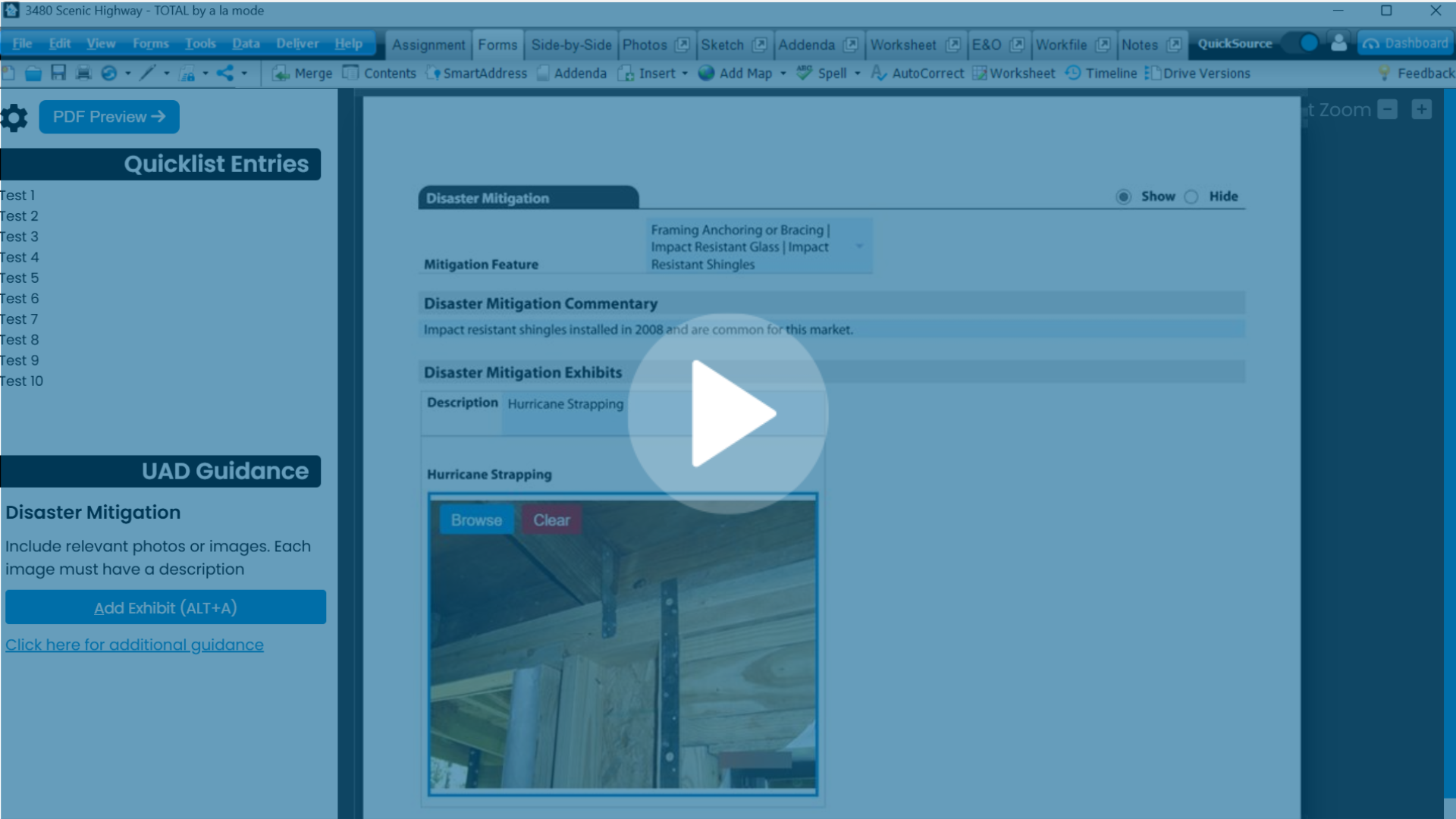
.png)
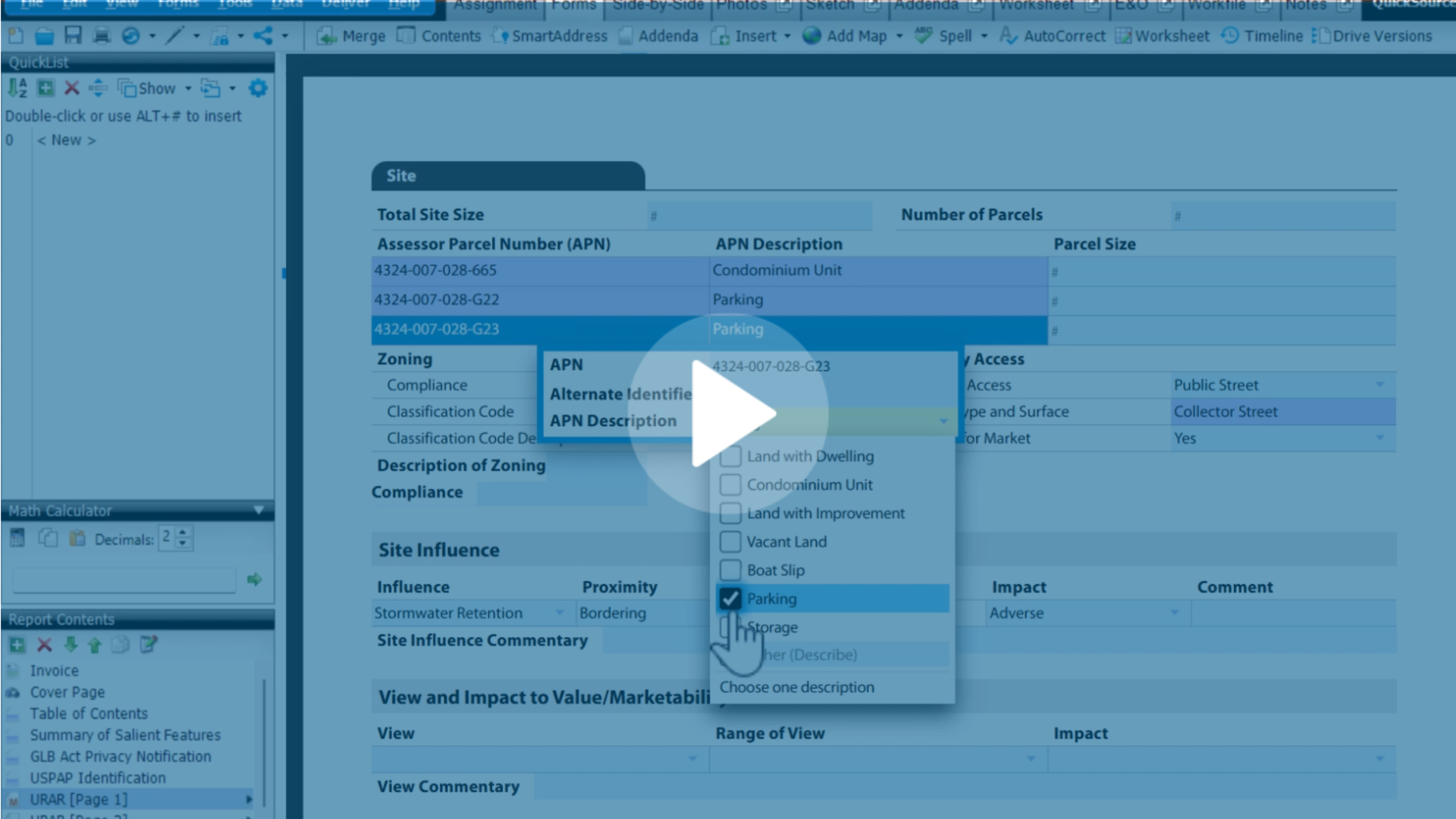
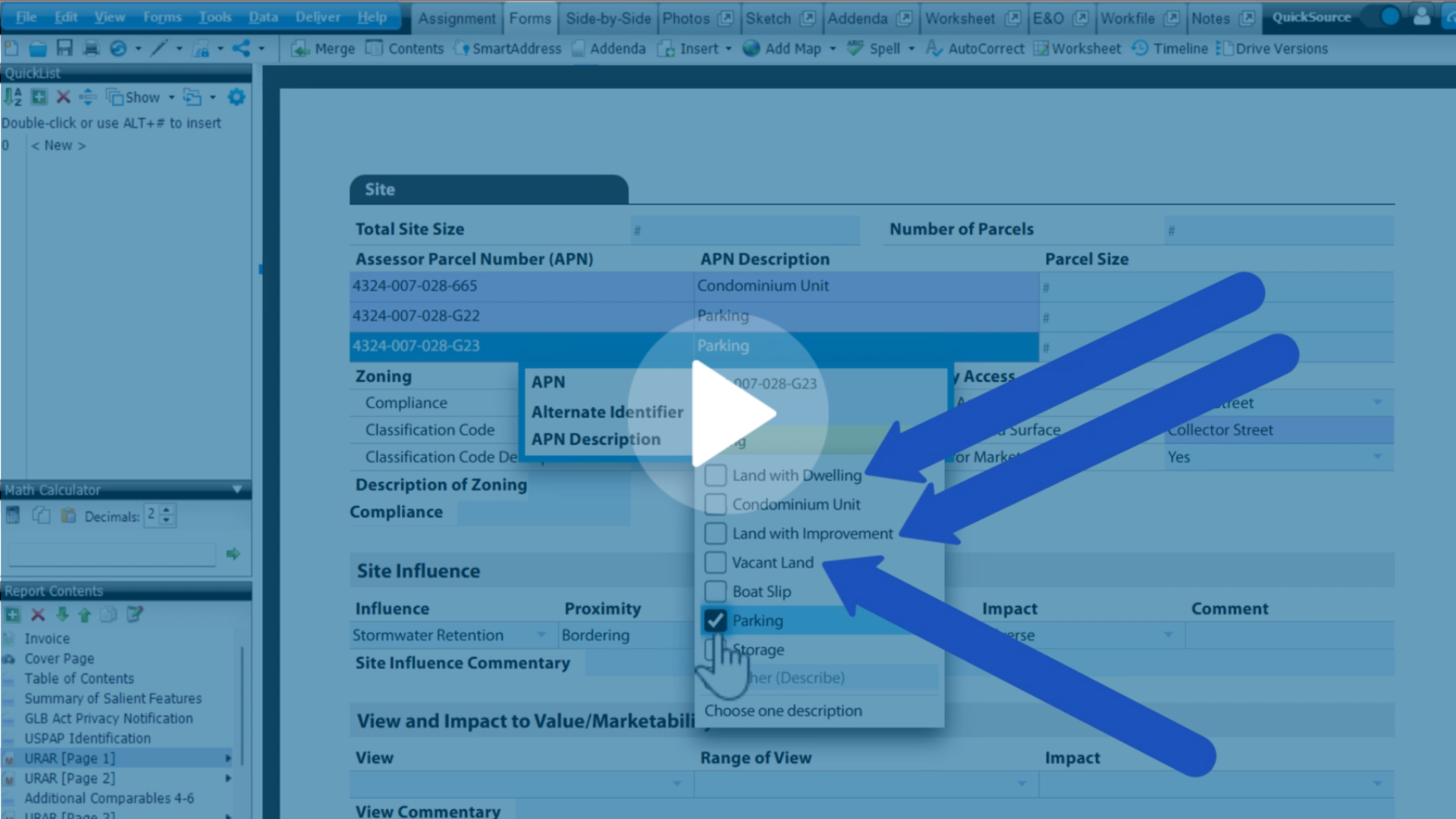
.png)
.png)
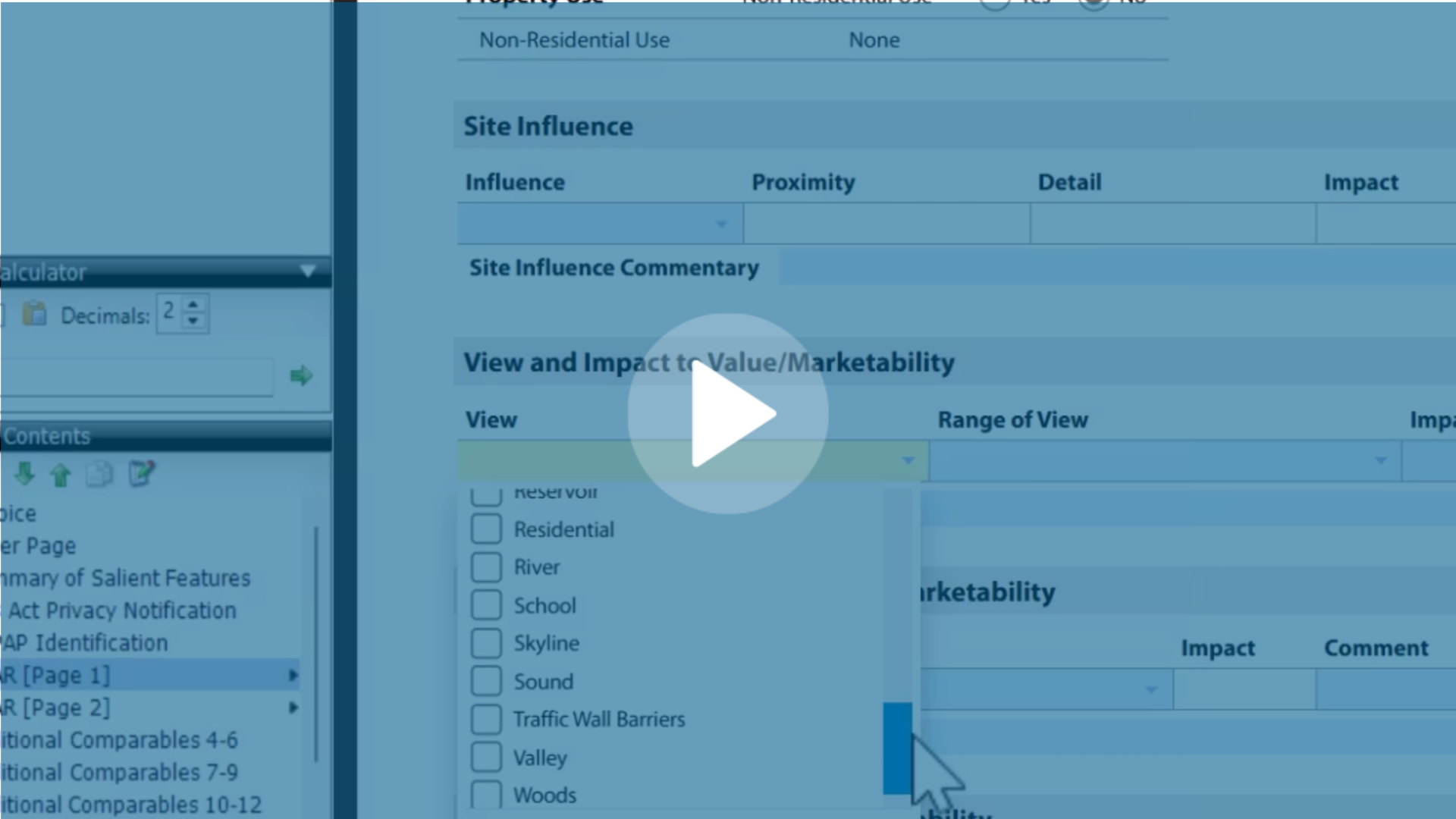
.jpg)
.png)
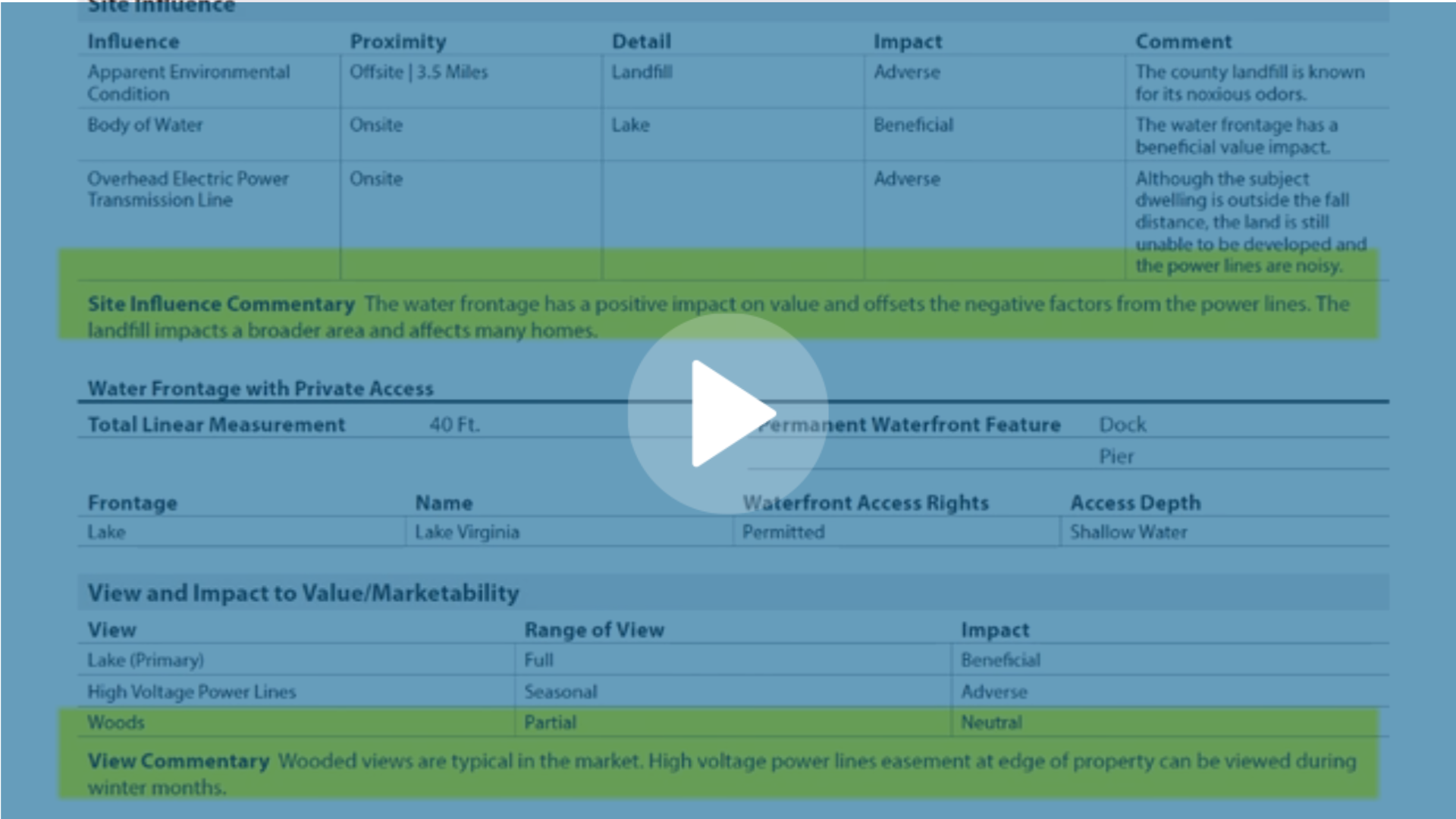
-1.png)









